
Let’s talk about trauma in the LGBTI community

Queer rights advocate and one of the Queen’s Young Leaders in 2016 Jacob Thomas explores how trauma affects young LGBTQIA-identifying young people and how they can navigate it.
* * *
Can we talk about trauma?
I’ll start.
I spend a lot of my time in the public eye and I’m openly and visibly queer.
It’s not something I think to apologise for, because it’s one of the demands our elders fought for.
And I stick to the demand of being able to visibly express my femme and nonbinary self in public spaces without fear of violence or persecution.
But by existing in a world focussed so intently on compulsory and assumed heterosexuality, I will stick out.
Even when I don my more stealthy attire of black jeans and red flannelette, bearded and make-up free, you don’t have to question my queerness for too long.
I admire people who openly express themselves; who say they give no fucks. I don’t want to assume it’s easier for them, that they’ve magically figured out the code to negate that worry of judgement.
What I admire is the commitment to their own sense of self, that which allows them to be who they are without thought or hesitation to think they don’t deserve to be able to do so.
It can be difficult to find out and accept who we are.
By comparison to older generations and our peers residing abroad we are safer, freer, more open to self expression and determination, and less likely to be persecuted than those who came before us.
Meanwhile, our likelihood of developing poor mental health is astronomically disproportionate.
Our images are [still] being used for smear campaigns by hate groups. Committed funding is being ripped away from programs that save our lives.
I don’t think it’s unfair then to say that, often, the more things change the more they stay the same.
Whether adopted by generations past or relative to ourselves, growing up queer can be traumatising.
When I returned from a London trip last year I found myself depressed and exhausted.
I was experiencing jet lag, it had been a packed visit (including a catch up with the Queen), a new relationship had ended as soon as it begun, and a long-term project I’d been working on had come to an abrupt end.
I live a very full life as an advocate which is generally complemented by a long tether that keeps me from complete exhaustion.
However, this time I wasn’t coping well – not at all.
On the recommendation of my doctor, I started seeing a psychologist.
After spending a few months seeing my very calm, very opposite-to-me psychologist and mapping my early experiences of bullying and attempts of suicide, I ultimately came away with a new diagnosis: my name is Jacob, and I live with post-traumatic stress disorder (PTSD).
And what I’ve learnt about trauma is that it sneaks up on you when you least expect it.
For example, my trauma is wrapped up in not feeling safe and secure, stemming from childhood experiences of bullying and homophobia.
My trauma exacerbates during moments of homophobia and transphobia, or when someone says they like me.
I go into states of anxiety which can eventuate into panic attacks.
When I tell this to people who are friends or potential love interests, I’m not asking to be abandoned.
However, my response when care and support is offered is to sabotage it; to say I’m not good enough for care and support.
Trauma is likely to affect many LGBTQIA-identifying young people. We already know the stresses of being queer at school, and of finding spaces where we feel safe and accepted.
We see politicians, media outlets, and organisations speak about us as though we are bad or wrong purely for existing.
We know that things are much better for us thanks to the battles fought by our elders, but that the more things change, the more they stay the same.
We know we are still a minority, by numbers and by rights. It feels as though, at times, we are destined to suffer; that this is what it means to be young and queer. And take it from me, it can feel that way.
But, trauma can be navigated.
We can find connection in a number of ways. Whether it’s with support groups in or nearby our homes, online forums where we can share our experiences, or just by grabbing a coffee with a mate, we can find ways to find ourselves.
You have to be willing to find people who even look like they could be your friend.
You’re not alone in this, and myself and others are here to support you. You are loveable and worthy just as you are.
It’s taken a year of hard work, and I mean a lot of hard work, but while I don’t think I’ll ever be completely out of the woods I now know that I deserve a happy, safe, fulfilling life just like anybody else. And that goes for all of us.
Despite what is said of and done to our community, we deserve a life that goes beyond just surviving.
We deserve a narrative that isn’t focused solely on deficit and defeat. We deserve to be proudly LGBTQIA+ people.
And while I don’t have the answers, I believe that it can happen.
If you’re experiencing distress or need someone to talk to, you can reach out to LGBTI phone and web counselling service Switchboard at: 1800 184 527.

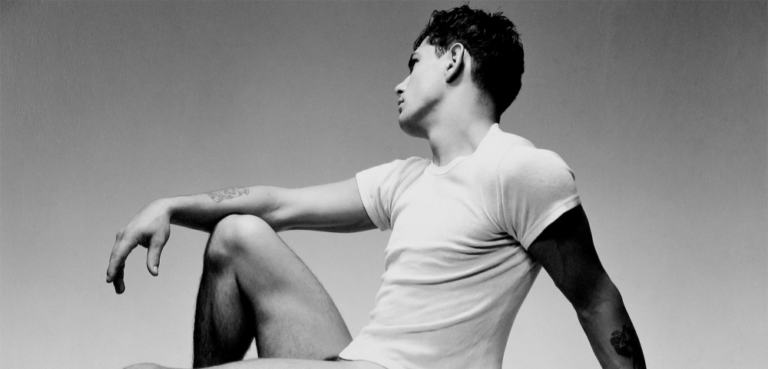
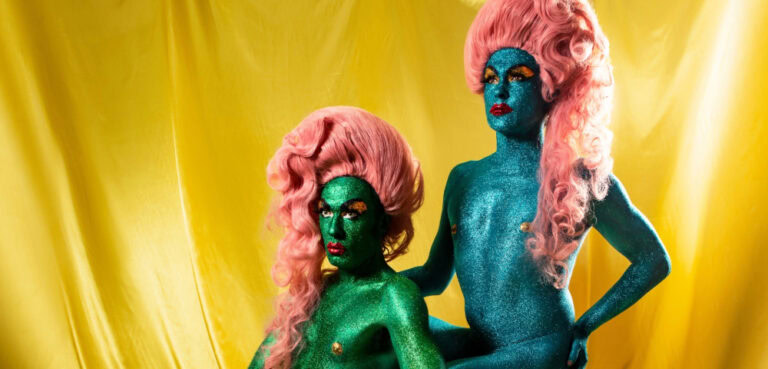
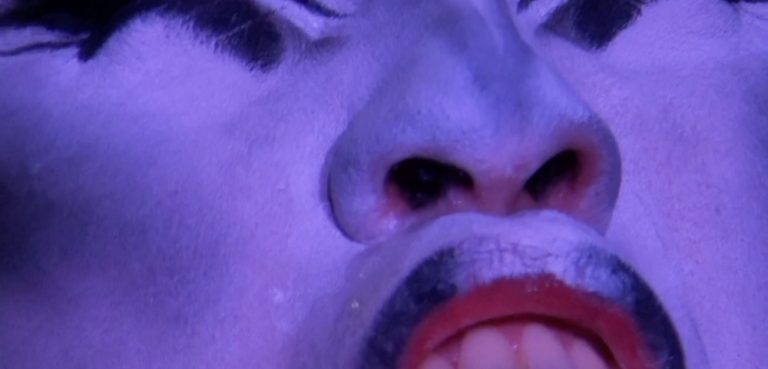

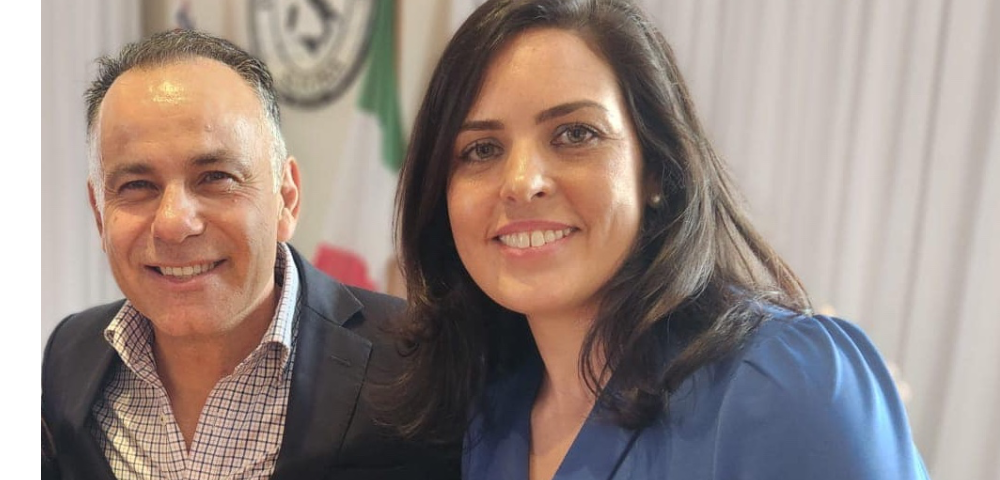
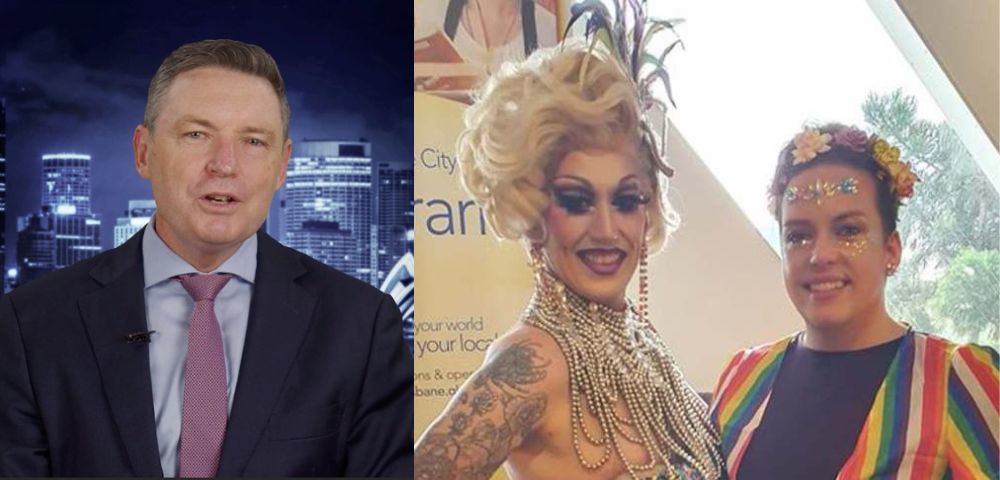
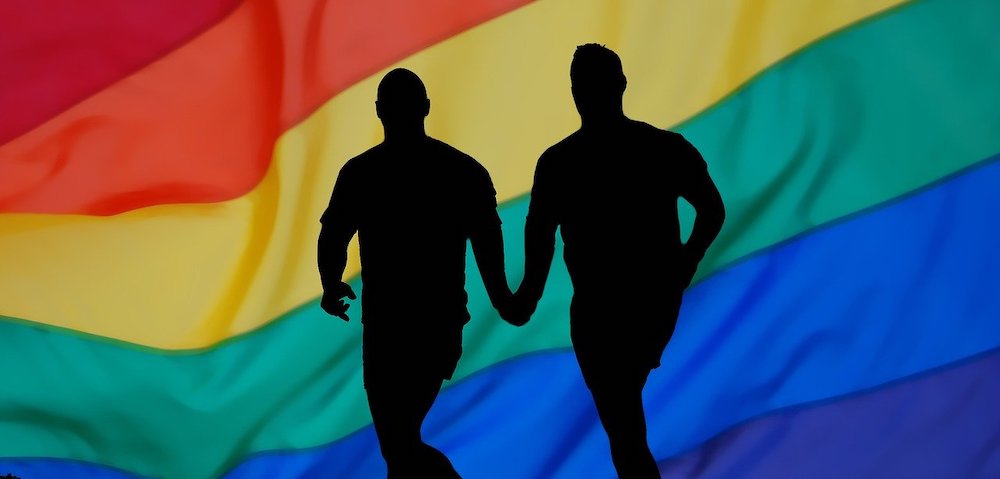


Thankyou Jacob Thomas for your story mine goes a bit further I live with complex trauma . The rates of drug abuse and suicide in our community and lose of family connects make awareness so important . I would like to share with the Star Observer this video to bring understanding about this cronic condition and the need for our gay family to help its survivors . https://www.youtube.com/watch?v=6sbYIKC7-Tw&feature=share
An honest account, which makes for a heart-warming read. Thank you and more power to you dear Jacob.